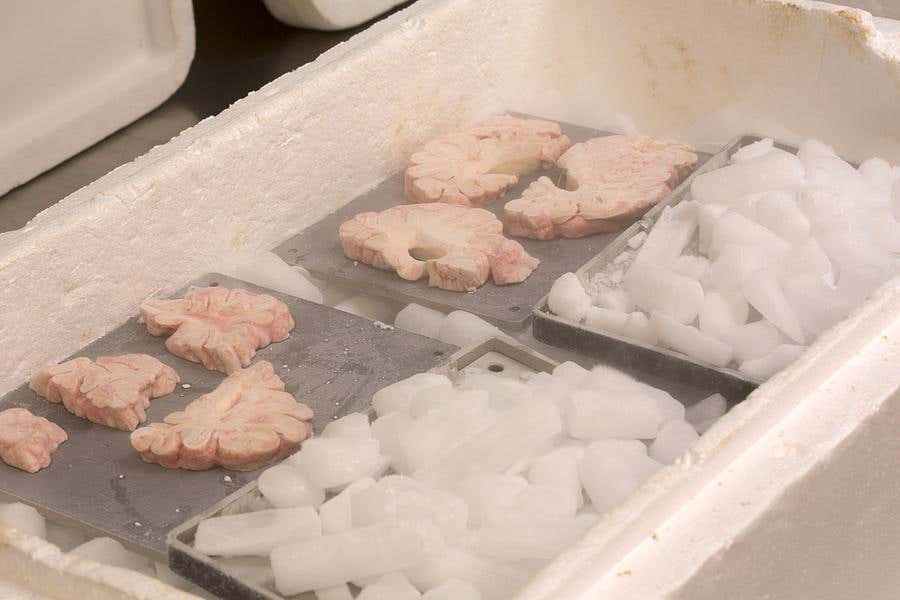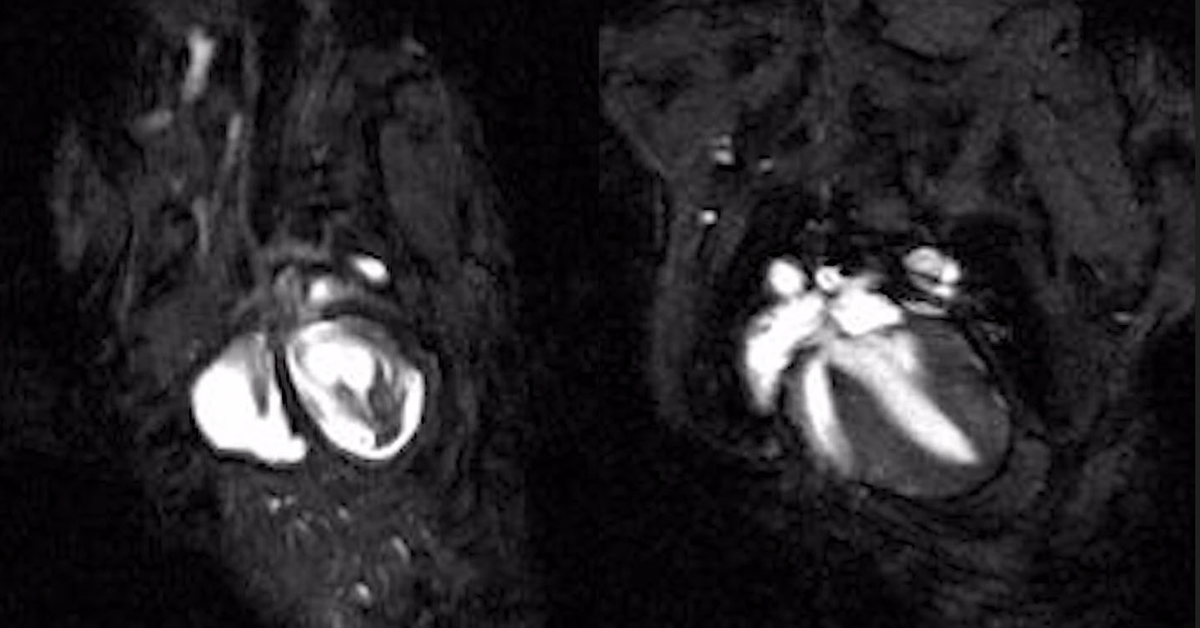For the first time ever, scientists successfully freeze and thaw brain tissue without damage
This significant development could revolutionize brain research by allowing long-term storage of brain tissue samples.

A groundbreaking study by a team at the National Children's Medical Center, Children's Hospital, Fudan University in China, has unveiled a method to freeze and thaw brain tissue without causing any damage. This significant development, published in the journal Cell Reports Methods, could revolutionize brain research by allowing long-term storage of brain tissue samples.
The team, led by Dr. Liu Zhang, focused on brain organoid tissue—miniature, simplified versions of the brain grown from stem cells.
Prior studies have consistently shown that brain tissue, when frozen and thawed, undergoes damage regardless of the speed of the process. This damage has posed a significant obstacle for researchers who need to examine brain matter promptly after obtaining samples. Dr. Zhang and her team have discovered a solution to this problem by immersing the tissue in a special chemical solution before freezing.
The researchers conducted their experiments by soaking brain organoids in various chemical compounds before freezing them with liquid nitrogen. After numerous trials, they identified a combination of ethylene glycol, methylcellulose, DMSO, and Y27632 as the most effective. This mixture, which they named MEDY, demonstrated the best results in preserving the integrity of the brain tissue.
To ensure the reliability of MEDY, the team tested it under various conditions, adjusting factors such as the age of the organoids before freezing and the duration they were soaked in the solution.
They then allowed the organoids to grow for up to 150 days after thawing. The results were remarkable—there was little to no difference between the organoids that had been frozen and those that had not, even after 18 months of freezing.
Related Stories
Dr. Zhang explained, "We were amazed to find that our MEDY solution could preserve the organoids so well. This opens up new possibilities for long-term brain tissue storage and could significantly impact the study of neurological diseases."
In a final validation of their technique, the researchers applied their method to a sample of brain tissue from a live human patient. The results were consistent with their earlier findings, demonstrating that MEDY could effectively preserve human brain tissue.
This new method holds promise for advancing brain and nervous system research by enabling the storage of brain tissue samples on a larger scale. The ability to freeze and thaw brain tissue without damage means that researchers can conduct more extensive and long-term studies on preserved samples.
Dr. Zhang and her team believe that their technique will facilitate new types of research that were previously challenging due to the fragility of brain tissue. "Our goal is to make brain research more accessible and feasible. With MEDY, we can now preserve valuable samples and make them available for future studies," Dr. Zhang stated.
The implications of this research are profound. By allowing brain tissue to be stored and studied over extended periods, scientists can explore the development and progression of neurological diseases more comprehensively. This could lead to new treatments and therapies for conditions such as Alzheimer's, Parkinson's, and other brain disorders.
The successful preservation of brain organoids also means that researchers can conduct experiments that require large quantities of tissue samples. This can enhance the accuracy and reliability of research findings, ultimately accelerating the pace of discoveries in neuroscience.
Dr. Zhang's team is now looking to collaborate with other research institutions to further validate and refine their technique. They are also exploring the potential of MEDY in preserving other types of tissues, which could have broader applications in medical research.
By overcoming the long-standing challenge of tissue damage during freezing, this technique promises to open new avenues for studying and understanding the human brain. As Dr. Zhang aptly put it, "This is just the beginning. We are excited about the possibilities that MEDY brings to neuroscience."
For more science news stories check out our New Discoveries section at The Brighter Side of News.
Note: Materials provided above by The Brighter Side of News. Content may be edited for style and length.
Like these kind of feel good stories? Get the Brighter Side of News' newsletter.



